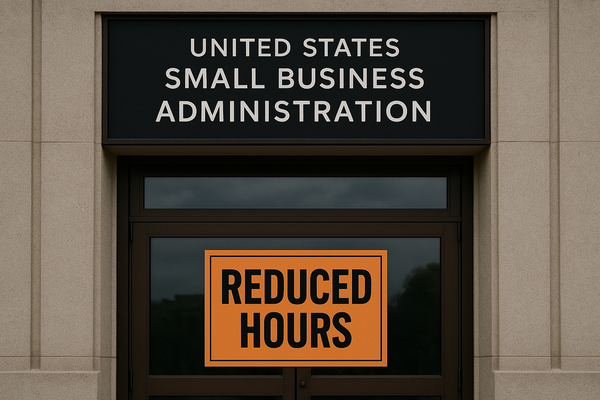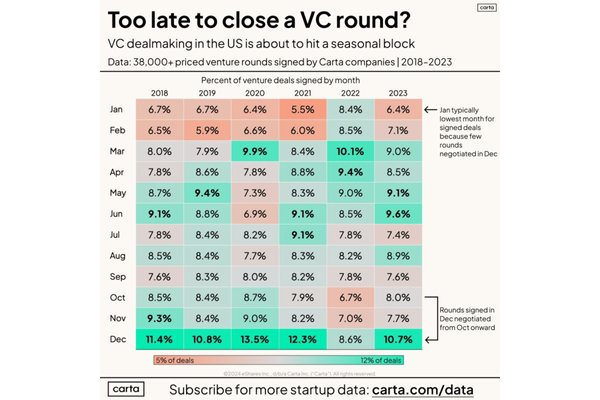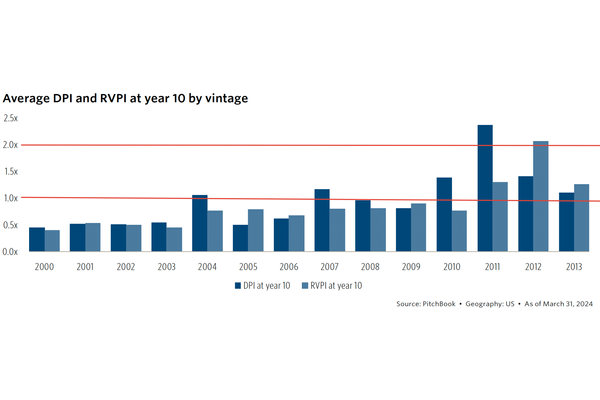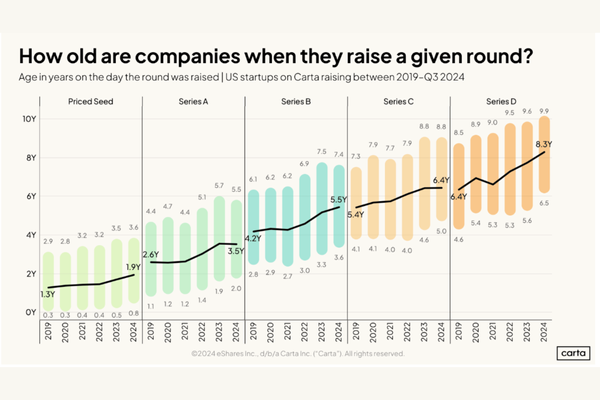Blitzscaling Is A Seed Stage Problem Too
Wired Magazine published a story yesterday entitled Blitzscaling Is Choking Innovation - And Wasting Money that speaks to significant shifts in fundraising over the last decade.
The article's main focus is on the massive amount of money that is being thrown at companies in later rounds to try to fund an accelerated growth effort to dominate a market. In this effort, losses don't matter. You can see the impact of this shift in the poor results of the recent Lyft and Uber IPO's, but they aren't the only ones.
81 percent of the US ventures that went public in 2018 were unprofitable in the year leading up to their IPO—a record high matched only in 2000, a year before the dotcom bubble burst.
This is happening while the time from the seed stage to IPO has grown from 3.2 years to over a decade. Startups have become overly reliant on VC while getting caught in the trap of inflated valuations.
The article makes another important observation:
The consequences of investing too much, too soon in unproven businesses can be catastrophic. Such investments often compel ventures to rapidly replicate a flawed business model on a global scale.
This is absolutely true. But this doesn't just apply to the changes in the later funding rounds that have fed the Blitzscaling frenzy. This change in the size of funding rounds and the resulting premature ramp in company valuations have impacted earlier rounds. Particularly seed stage funding rounds.
In fact, as the article notes, the number of seed stage deals over the past 5 years has dropped 40 percent, while the average deal size has dramatically increased. Seed stage funds, similar to later stage funds, have decided to place fewer, bigger bets, to try to find outsized returns.
A disconnect can form between founders and their investors. The number one reason this happens is that companies are funded too fast, at valuations that make no sense. This leads to the founder making bad decisions to try to catch up to expectations set in the last round so that they can raise again before they run out cash.
And while Blitzscaling is a problem, the dramatic decrease in the number seed stage deals, and the increase in the size and valuations of these rounds, is causing big challenges for early stage founders. It's putting too much money into unproven business models. It's forcing founders to try to scale before they even have product-market fit. Which leads to companies unable to raise their A round, because they stepped on the gas too soon.
There very well may have been a scalable business model to be found, but the rush to spend too much money in an effort to find growth too soon results in the company missing the turn in the path as they rush full speed ahead off a cliff.
Investors fund companies because they are searching for that one unicorn and a few big wins to drive outsized returns for their funds. So that they can raise their next fund.
Most founders want to build a successful company that solves big problems. They want to create their life's work. More often than not, this takes time. Chasing growth before you're ready, on the back of investments and valuations that are bigger than they should be, is a major problem that is negatively impacting startups of all sizes.




